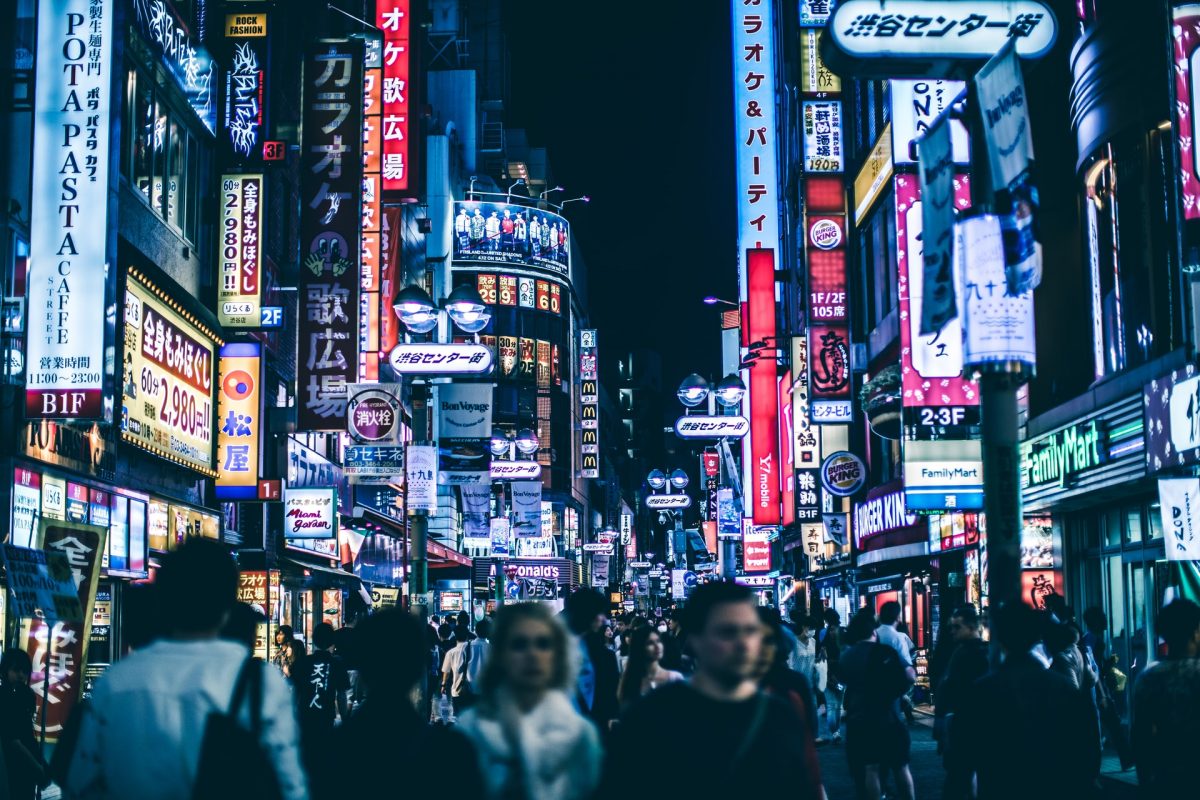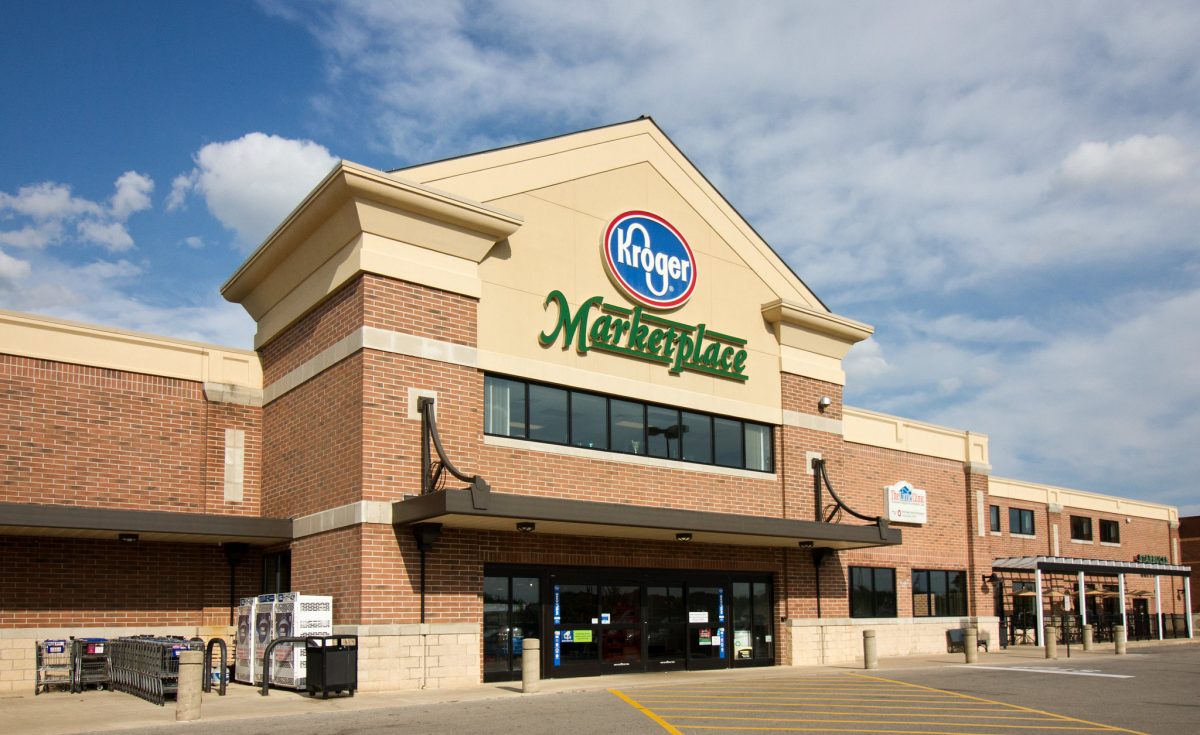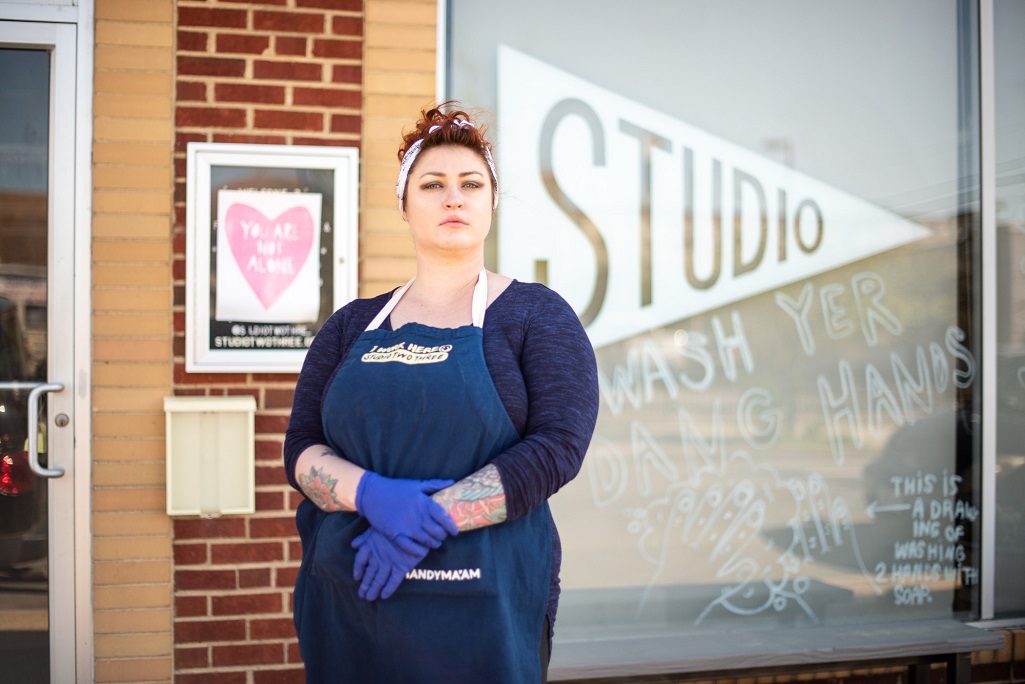The Commonwealth has not met the guidelines for daily decreases in the number of new COVID-19 cases; nonetheless, the opening phase of Governor Northam's plan to reopen Virginia is set to launch next week. The novel coronavirus has burdened communities with...



